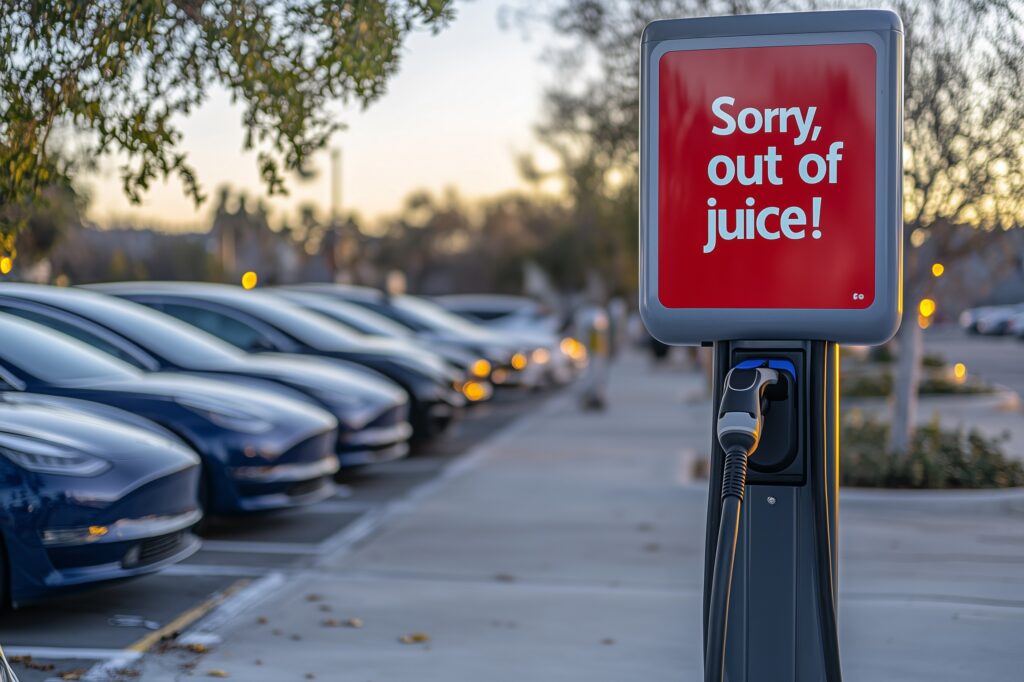Smart Ideas: How vote-by-mail conforms with conservatism
Conservatives should support expanding absentee voting and vote-by-mail, “a safe, trusted and age-old practice” that “comports with conservative principles.” Absentee voting traces back to the Civil War and historically has been used by members of the military. “[E]xpanding access to absentee balloting is a policy that comports with at least … five conservative principles”-fairness, security, cost effectiveness, freedom of choice, and “decency toward the elderly, infirm and physically disabled.” There is no truth to the claim that voting by mail favors Democrats, but “if Republicans have become concerned that their platform and brand is so unpalatable that voter suppression is the only way to secure elections, then party officials should focus on improving the underlying problem, rather than on attempts to make legal voting more difficult for all Americans.” Voting by mail, which minimizes fraud, also polls well with the public. “Accordingly, both prudence and electoral calculations argue that conservatives should meet the public where they are on this issue and support expanded voting by mail.” Garrett Epps, writing for The Atlantic
In an executive order pressing back against Twitter for fact-checking one of President Trump’s false tweets, the administration cites the obscure free-speech case PruneYard Shopping Center v. Robins. “PruneYard was, until now, considered a disgraceful liberal assault on property rights. It may be a harbinger that Trump seeks to apply a new kind of eminent domain to cyberspace.” In the case, the Supreme Court ruled that the California constitution’s interpretation of free-speech rights overruled a business’s property rights. Conservatives have historically opposed these rulings, along with the principle of eminent domain. “Trump, however, absolutely loves eminent domain,” and “this administration is not distinguished by its devotion to the First Amendment. … Taken to its logical extreme, the order’s rationale might later support another order in which the federal government asserts some kind of ‘First Amendment easement’ or ‘government speech’ interest in private websites.” Maddie Stone, writing for Grist
The resources to build necessary infrastructure for clean energy could be found at the bottom of the ocean, “where key green energy metals, including nickel, cobalt, and rare earth minerals, can be found in abundance.” But the risk of damaging the ecosystems deep in the sea may outweigh the rewards of mining. “[E]xtracting polymetallic nodules from the seabed would come at a price.” A report from MiningWatch Canada showed that “deep-sea ecosystems are slow to recover, in some cases taking decades to bounce back from a minor disturbance. … A more sustainable strategy for meeting the mineral demands of the clean energy transition would likely include” recycling the metals from old green energy infrastructures like wind turbines, solar panels, and batteries. But “even with new technologies and significantly more recycling, we’re almost certainly going to need more mining, not less, to satisfy the resource demands of the green energy transition.”








